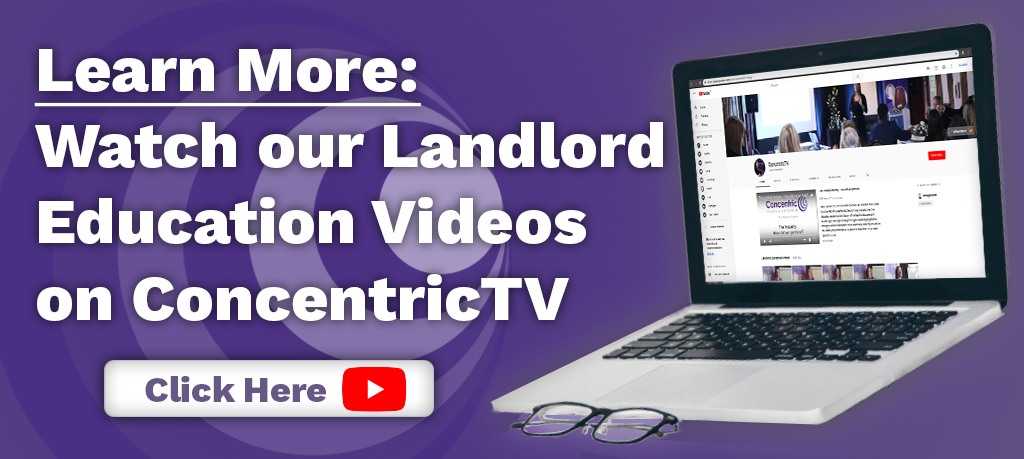
29th October 2018
It might surprise you to know that there are over 150 pieces of legislation now in place surrounding property and lettings, which makes being a self-managed landlord a juggling act. Things are changing, and being updated on a regular basis, which could mean that you’re spending much of your time just trying to keep on top of it.
These days more than ever, it is important that landlords are up to date with every piece of new legislation. It only takes one bad incident with a tenant, one gap in the landlord’s legislation knowledge, to land you in hot water.
So what can you do, as a landlord, to get savvy with all this new information? And more importantly, have you got the time?
Some things you need to be aware of
There have been several big changes in legislation for the lettings industry over the past 12 months or so. And in some cases, unless you go looking for them, you might not always be aware of these new updates, changes, or new rules surrounding your tenant-landlord relationship. For example; which version of the ‘How to Rent’ guide are you working from? This is an important document which you are required to give to all of your tenants by law, and it is updated periodically by the government. But the snag is, they won’t tell you when it has been updated – it’s up to you to check. At the time of writing this post, the current version was published in July 2018. If you are reading this even a few months in the future, it may well have gone through another update. It’s worth checking this on a regular basis, so that you are confident that the version you are giving to your tenants is the most recent one.
Data Protection
Here’s one you probably have heard about; GDPR. That is, unless you’ve been locked in a box. In case you have, here’s a very brief rundown. To use its full name, the General Data Protection Regulation came into force on the 25th May 2018, and exists to protect all of us from data misuse. It concerns all of the information you collect and store regarding your tenants. It’s relevant to all companies who process personal data on behalf of individuals, and includes things like names, addresses, IP addresses, and more sensitive information such as religious views, sexual orientation, and political views. It’s so important to landlords, because even if you have just one property and one tenant, you will have to consider how you gather and store their personal information, both as hard copies and electronically.
Who is living in your property?
How much do you know about your tenants? Do you know where they are from? Are you aware of any changes in who is occupying your property? Under the Immigration Act, landlords have to regularly check all of their tenants have the legal right to rent property in the UK. This is meant to crack down on illegal immigration, and to stop illegal immigrants from living and working within the UK. Landlords are required by law to check documentation for all tenants (not just the ones you suspect may be here illegally). Failure to do this could lead to a hefty fine and even prosecution or imprisonment.
I’m on E
Don’t panic – I’m talking about energy efficiency! New rules state that all tenancies and renewals will have to comply with energy efficiency standards, and need to be rated at least at level ‘E’ on Energy Performance Certificates. This will be rolled out over the next couple of years – failure to comply could leave you faced with a fine of up to £5,000.
A bit about hiring contractors
This is another one where landlords have to be so careful – there have been some horrific stories in the press about contractors doing work which is, let’s say, less than perfect – in some cases causing extensive damage to property. As a landlord, it is your responsibility to ensure than anyone you have working on your property is fully qualified, and has the correct Public Liability Insurance. Don’t leave yourself open for anything that might go wrong. Check all credentials, get recommendations from other people, and check online reviews. And get evidence of all of the work that is completed.
These are just a few of the many issues you will be dealing with every day as a landlord. You might have opted to have a fully managed service, in which case all of that stress has been taken from you, but if you are managing your own properties and tenants, make sure you do your homework, and keep as up to date as you can with changes in legislation as they happen.
